
Leaders of the District Party Committee and People's Committee of Cang Long district visited the seedless lemon growing model of Lam Van Quoc household, Giong Moi hamlet, Huyen Hoi commune.
Huyen Hoi Commune, Cang Long District has advantages in agricultural production. Recently, through many channels of information and propaganda, realizing that seedless lemon trees have quite high economic value, Thanh Chi Agricultural Cooperative proposed the Party Committee, the People's Committee, and the Farmers' Association to unite and mobilize people to convert some areas from ineffective rice fields to grow seedless lemon trees.
Mr. Phan Duc Tai, Chairman of the Board of Directors and Director of Thanh Chi Agricultural Cooperative, said: The cooperative was established in October 2022 with 10 members who are all members of the Farmers' Association, with a charter capital of 500 million VND, and an initial area of 3.6 hectares of seedless lemons, mainly grown in Huyen Hoi commune, Cang Long district. After more than 02 years of operation, the cooperative expanded the planting area to meet output needs. The cooperative has admitted 102 more associate members (of which Huyen Hoi commune has 23 members), and the farmer association is a member of the Farmers' Association in the area.
In 2024, the Cooperative will develop an additional 70 hectares of new planting area, increasing the area to 147 hectares in the districts: Cang Long 52 hectares, Tieu Can 22 hectares, Chau Thanh 33 hectares, Cau Ngang 15 hectares, Tra Cu 25 hectares, of which the area has produced fruit and is being harvested stably over 24 hectares, 53 hectares are preparing for the first harvest, the remaining area is newly planted.
On average, the cooperative purchases 20 tons of lemons from its members and supplies the company with 20 tons of lemons each month, but this is not enough to meet the company's needs. Currently, the cooperative is expanding the lemon growing area in Cang Long district and neighboring areas to supply The Fruit Republic Company Limited (100% Dutch capital) for direct export to European and Middle Eastern markets. On average, 150 hectares will be newly planted each year until 2027.
According to Mr. Phan Duc Tai, the main market for lemon consumption is export, so it requires ensuring quality and standards (because seedless lemons are exported to the European market, the production process must ensure that they meet GlobalGAP standards). Members participating in the production of the cooperative must comply with the strict technical process of the export purchasing side, strictly manage the cotton processing, fruit making, disease prevention and control stages, all must comply with the process and have technicians from the company and the cooperative come to the garden to support members in taking care of the plants;
Farmers' association members have raised their awareness in producing safe products, following the process of using fertilizers and chemicals in the list of permitted biosafety, active ingredients and prescribed dosages, as instructed by technical staff. As a result, the lemon yield of cooperative members always meets the standards set by the company. The company signed a commitment with the cooperative to purchase from members at the lowest price of 10,000 VND/kg. When the outside market price increases, the cooperative will purchase 3,000 VND/kg higher than the market price. If comparing the current income from rice cultivation, seedless lemon cultivation is 7-8 times more valuable. For 3-year-old lemon trees, the average profit is 40-50 million/year/1,000m2.
Comrade Nguyen Van Nguyen, Vice Chairman of Huyen Hoi Commune People's Committee, said: The current difficulty in growing seedless lemons linked to the value chain in Huyen Hoi is that people are not bold enough to use only organic fertilizers, collective economic models, chain production, green agriculture, and safe agriculture. For newly planted gardens, the initial investment cost is quite high, from 150 to 200 million VND/ha.
Therefore, members have difficulty with capital for investment. Lack of investment funds, due to the high initial investment capital, is also a barrier for many households when participating in growing seedless lemons, so the development, expansion of area, and planning of growing areas are still difficult, the area is small. The cooperative lacks investment capital to expand production scale, warehouses, and invest in purchasing means of transport. The cooperative is moving towards building a brand, product label and hopes to receive support in building a product display store. The concentrated lemon output is large, the cooperative currently does not have a warehouse, so it is difficult to classify.
Mr. Phan Duc Tai added: In the coming time, the Cooperative will continue to coordinate with the locality to mobilize people to join the Cooperative's associate members to expand the area of seedless lemon cultivation in Tra Vinh province, expected to increase the area of seedless lemon cultivation to 200 hectares by the end of 2025 according to the Cooperative's commitment to the company. The Cooperative hopes to receive the attention of leaders of sectors and localities to help the Cooperative access state policies, specifically land lease policies and factory construction to help the Cooperative have a place to gather lemons, classify before delivering to the company and support working capital to help develop production and business, bringing income to the Cooperative and its members.
Comrade Nguyen Van Nguyen added: on the local government side, Huyen Hoi Commune People's Committee creates all conditions for the Cooperative and its members to access preferential loans. In addition, planning the growing area and mobilizing people to join the Cooperative's associate members to expand the area of seedless lemons in the area. Supporting the Cooperative to develop the growing area by 2027 to increase the area of seedless lemons by 150 hectares, bringing the total to 300 hectares according to the Cooperative's commitment to the Company and registering the code for the area of seedless lemons for export to the EU, New Zealand, UK, and South Korea.
Scene of the working session between the leaders of Cang Long district and the Provincial Cooperative Union on January 9, 2025. On January 9, the Standing Committee of Cang Long District Party Committee, Cang Long District People's Committee, leaders of the Party Committee, People's Committees of communes, and specialized departments of the district had a working session with the Provincial Cooperative Union on expanding the area of 3 types of crops in Cang Long district: high-quality and low-emission rice, seedless lemon and organic coconut. Through discussion, comrade Thai Phuoc Loc, Chairman of the Provincial Cooperative Union, determined to actively support Cang Long district in expanding the area of growing the above 3 types of trees within the scope of the industry in charge, while strengthening the quality of cooperatives in the district. Speaking at the meeting, comrade Le Thanh Binh, member of the Provincial Party Standing Committee, Chairman of the Provincial Vietnam Fatherland Front Committee, proposed that, on the basis of seeking support from the provincial cooperatives, district leaders and localities urgently promote work contents, first of all clearly determine the expanded area, planting area, assess the capacity of the cooperative, assess the capacity of the purchasing company, appropriate support policies... so that the expansion of the planting area meets the set requirements. |
To create more favorable conditions for the seedless lemon growing model linked to the value chain in Huyen Hoi, the People's Committee of Huyen Hoi commune proposed that the Social Policy Bank create conditions for cooperative members to access preferential loans so that cooperative members have conditions to produce and develop raw material areas. The district People's Committee and the district's specialized departments have plans to support cooperatives to develop raw material areas in the district. The provincial People's Committee and provincial departments are interested in investing in building warehouses and nursery gardens for Thanh Chi Agricultural Cooperative.
Article and photos: KIM LOAN
Source: https://www.baotravinh.vn/kinh-te/trong-chanh-khong-hat-lien-ket-theo-chuoi-gia-tri-o-huyen-hoi-43362.html




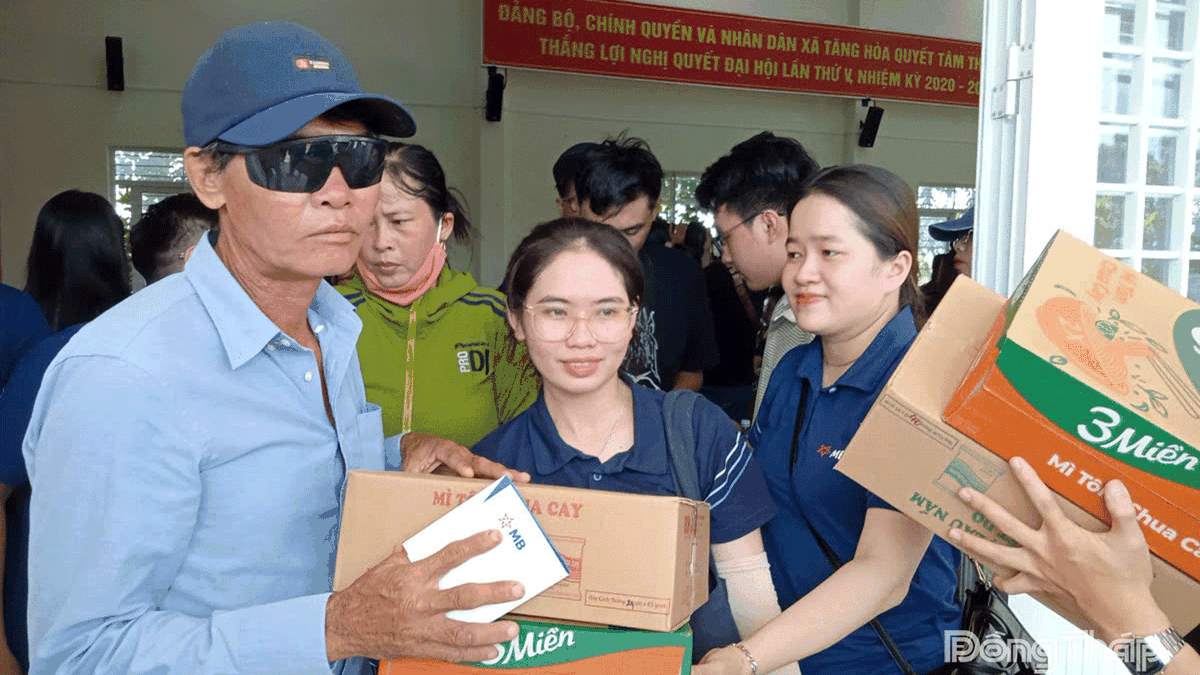
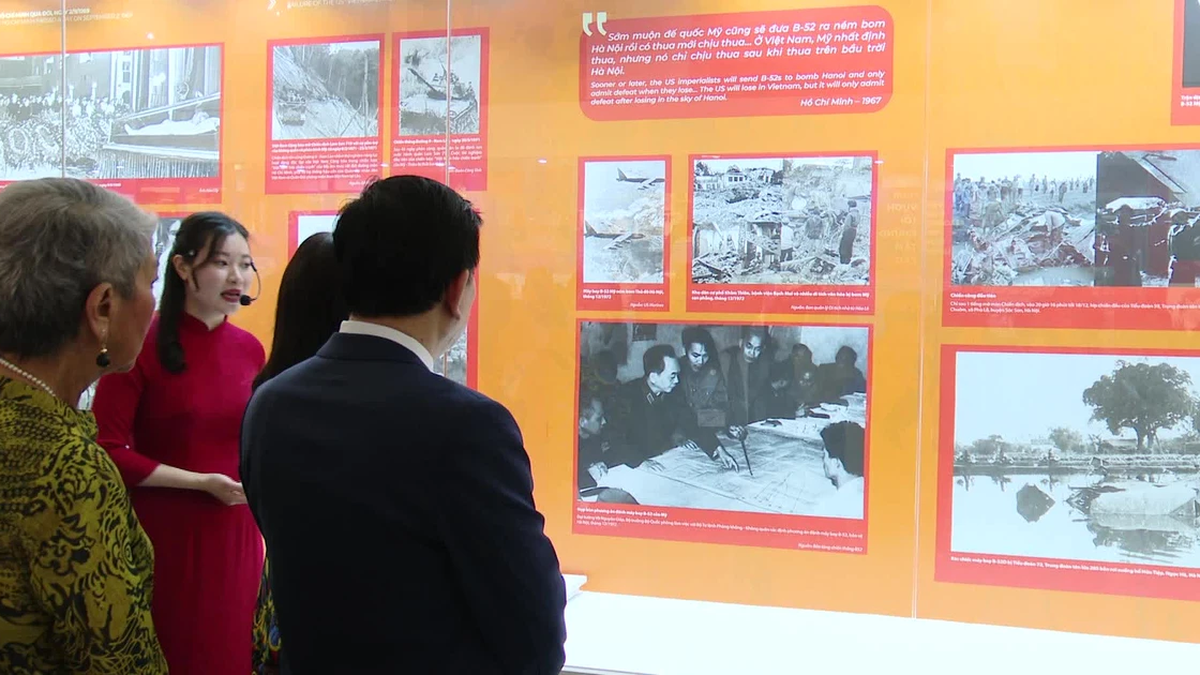
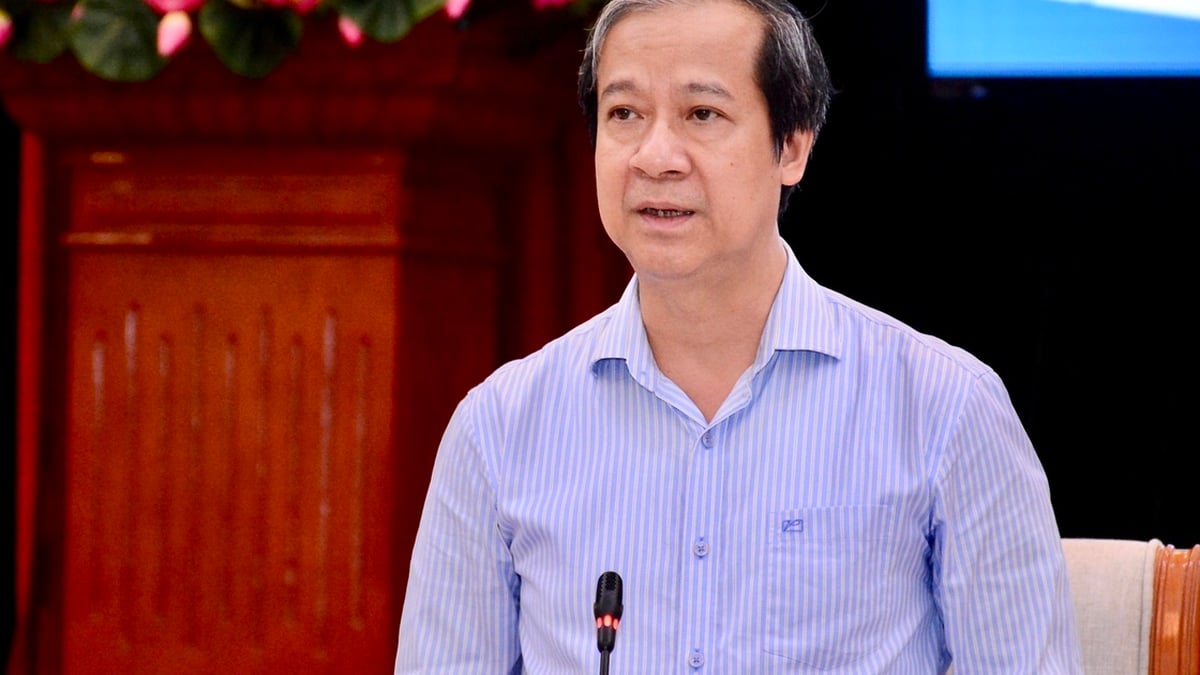
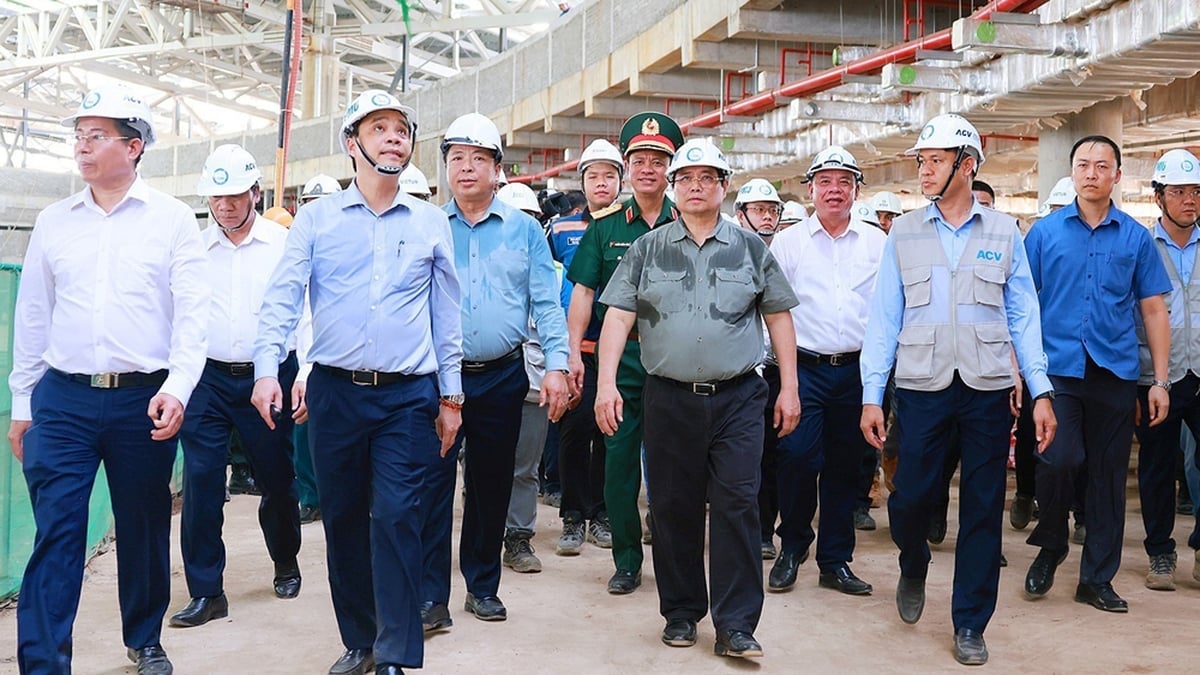
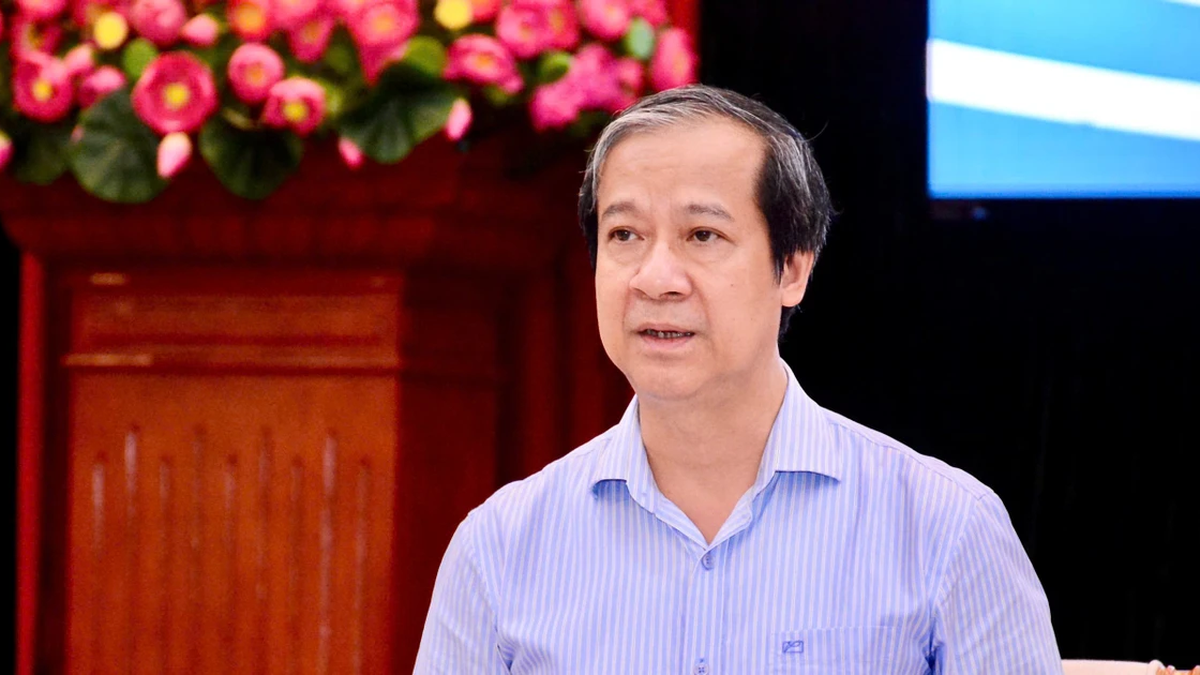
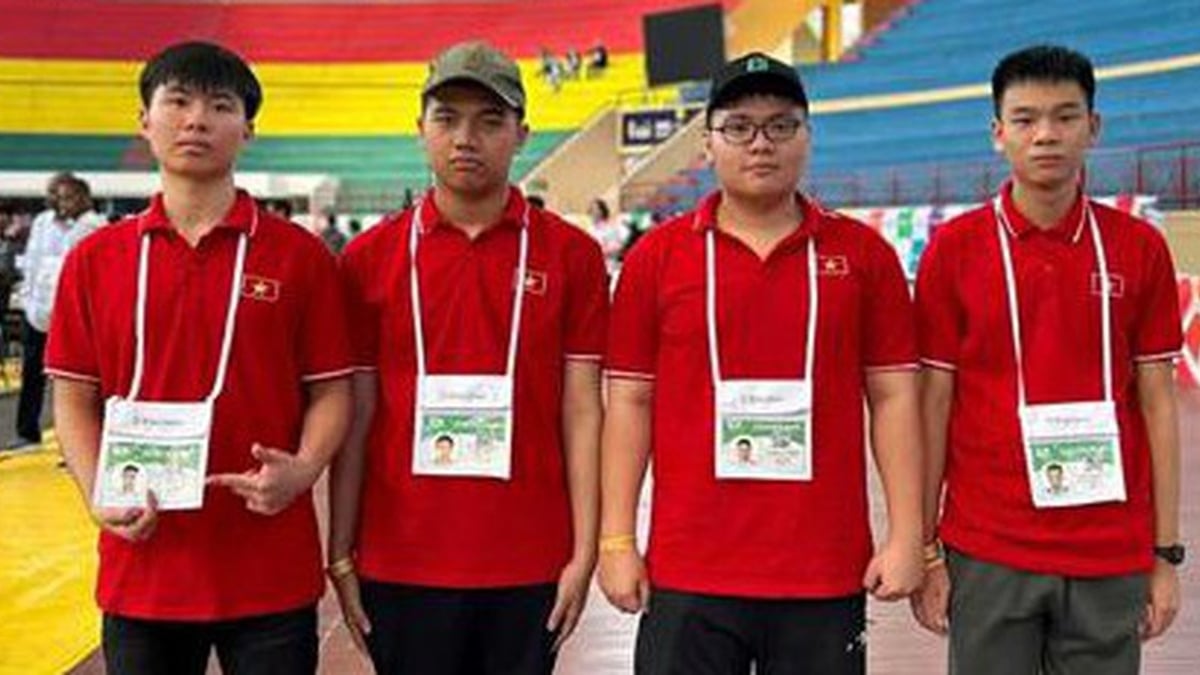


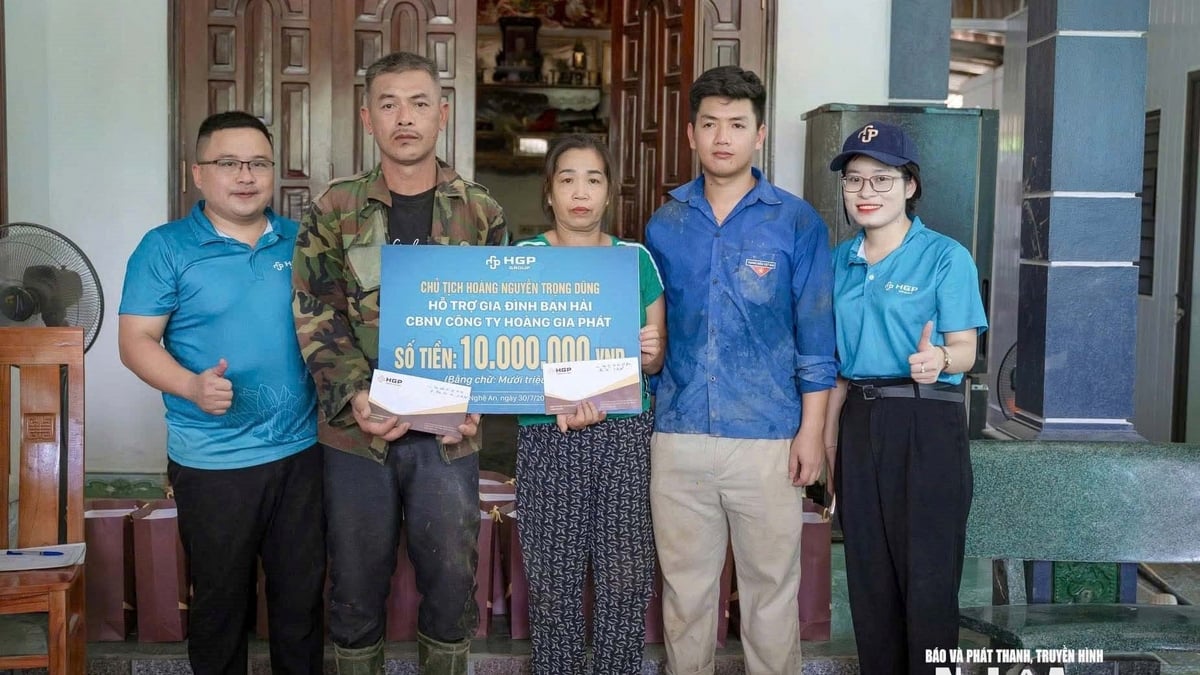






















































































Comment (0)